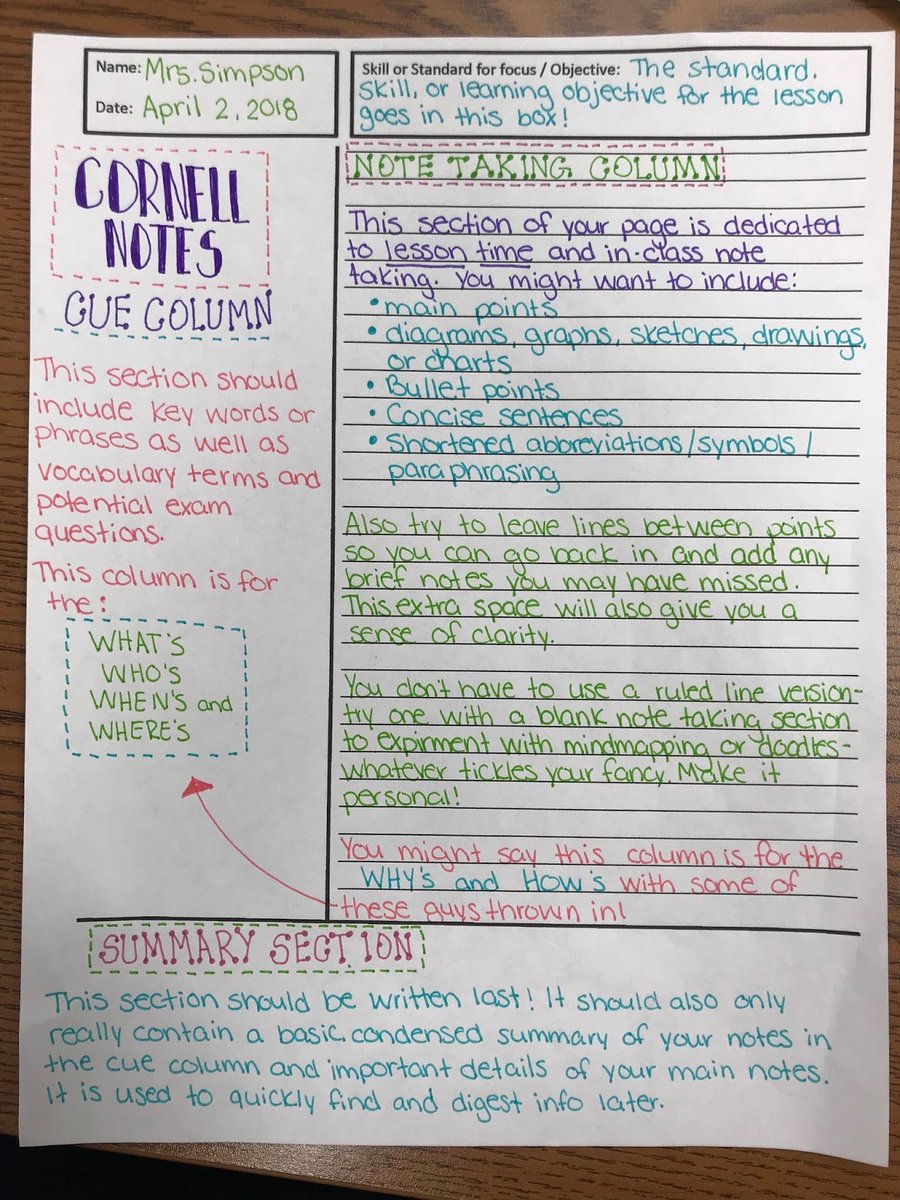
1/ Hi folks, today I changed my twitter handle to @TfTHacker. Basically using Roam less than other tools and my bias is toward being tool neutral. So going to be discussing many tools and their benefits and not just Roam, also @obsdmd, @rem_note, @logseq.
2/ For those who have followed me because of Roam, I won’t be offended if you unfollow. Though I intend to continue to tweet on Tools for thought and PKM, including Roam. Someone has to keep them honest - assignment accepted.
3/ In my book, Roam is 2020, lots of other options out there worth exploring as they are delivering features we need today not some focus on 2060 or 2070 (40 or 50 year vision?)
I live in reality, your welcome to join me if you like.
I live in reality, your welcome to join me if you like.
4/ These days my focus is on @obsdmd & its a wonderful tool. They are working on WYSWIG editing that will solve a major hurdle for some who don’t like working with Markdown
200+ plugins - solve just about any problem
Free & well suited to academics, writers & researchers
200+ plugins - solve just about any problem
Free & well suited to academics, writers & researchers
5/ Soon will dive into @logseq deeper. They are to alpha for my needs, but are making steady quality improvements & some amazing features additions. Except for multi-user support, they have easily surpassed Roam in features. Soon they will have a mobile app. open source & free
6/ @rem_note is also very impressive, but in some extensive testing I found it to be unreliable. I think it has a special vision, one worth tracking, just looking for them to grow out their team and product quality. But they are a contender.
7/ Some would put @NotionHQ in this list, but I don’t. I don’t personally see it as a PKM or TFT. However some use it that way, so hope to learn from them. Notion is a beautiful product, especially for team collab.
8/ By the way I have a 10 year believer plan for roam, so haven’t totally bailed. But they are going through some growing pains, and well, I just need to get real work done, with good performance and respect of security and privacy.
9/ I forgot to add @AthensResearch, this is also a very promising project. Love the spirit of the team and they have some good devs. So @AthensResearch is also officially on my radar as a much watch.
• • •
Missing some Tweet in this thread? You can try to
force a refresh








